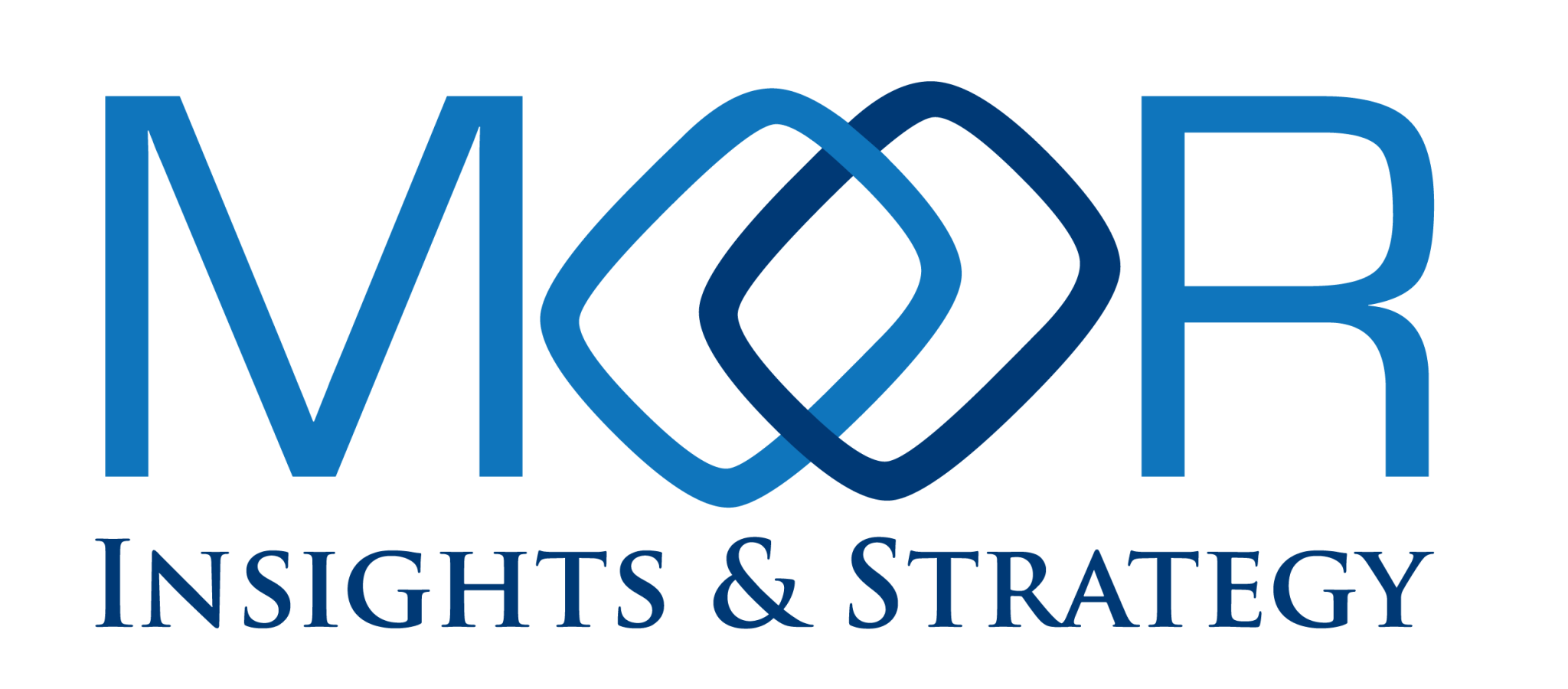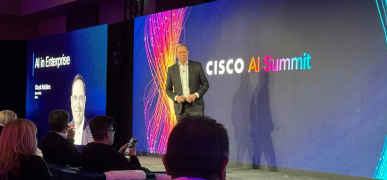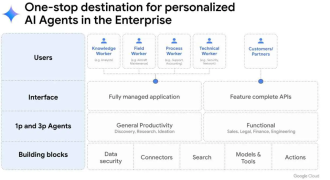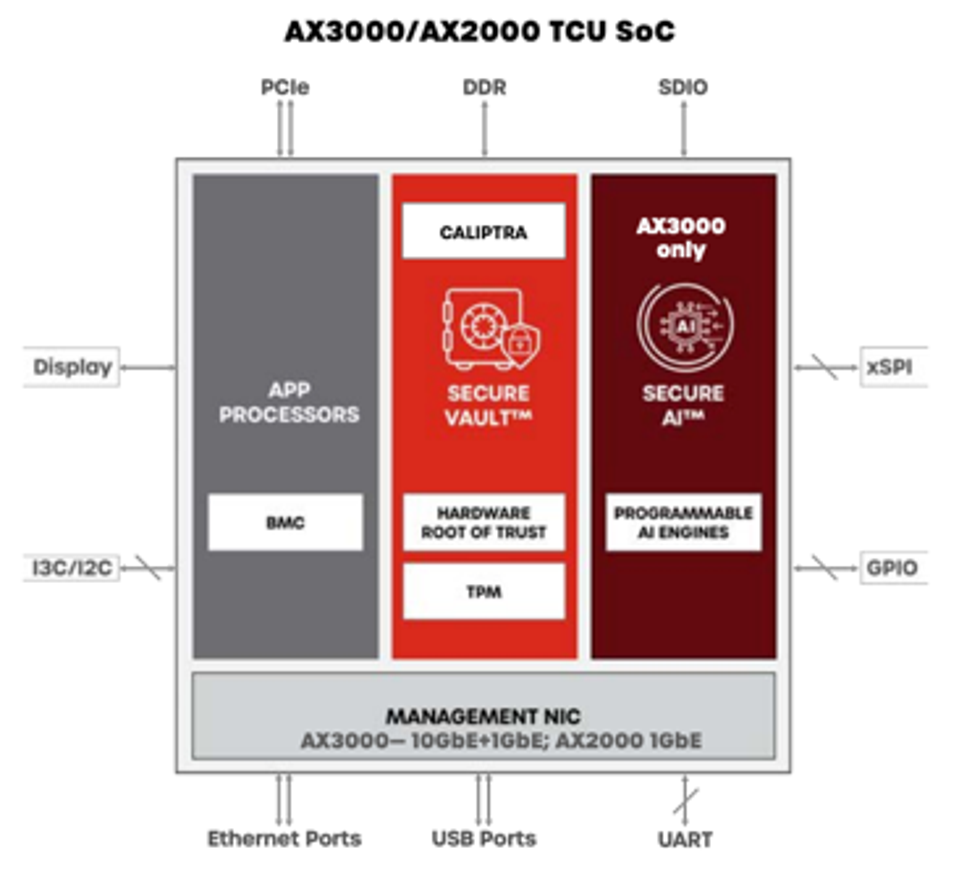
Axiado, a startup in the cybersecurity space, has announced that it has closed its Series C funding round to enable the company to expand strategic partnerships and scale its operations. According to Axiado, the funding, led by Maverick Silicon, signals a recognition of the market need for stronger resilience across the platforms that power AI—particularly in the datacenter. I want to put this announcement in context by digging deeper into platform security and what has made Axiado an interesting play for investors.
Platform Security Is The First Line Of Defense
By now, cybersecurity is an obvious and critical priority for every IT organization. As a general rule, complexity scales with size—meaning the bigger the datacenter, the more challenging it is to secure. Many people still think of security through the lens of firewalls and the tools that protect against intrusion into an operating environment—the walls put up to keep bad actors out. However, many overlook the platform-level protections that ensure infrastructure is secured from the moment the proverbial power button is pushed.
Platform security delivers this protection through a combination of trusted platform modules, root of trust, baseboard management controllers and other tools that ensure environments are booting and operating in a secure environment. This is important because some of the most malicious tools can burrow themselves down below the operating environment and slowly siphon data over the course of months before being detected. Known as rootkit attacks, these threats are extremely difficult to detect and counteract.
Standard servers populating the enterprise datacenter from the likes of Dell, HPE and Lenovo have platform security tools (both silicon and software) built onto the motherboard; these are managed through their respective consoles (e.g., OpenManage from Dell).
However, when looking at the hyperscale market, the game changes a little bit. In this setting, different servers from a variety of vendors are deployed across hundreds of datacenters. Further, those servers tend to be from lesser-known vendors. To address this reality, the Open Compute Project released a standard for developing a secure control module so that platform security functionality can be offloaded to a dedicated card. This means that a datacenter can deploy different servers from various vendors and still have a single platform security tool—with no vendor-specific security chips or other tools that must be configured and managed separately.
This is where Axiado comes into play.
Axiado And The TCU
Axiado addresses these challenges with its trusted control/compute unit. This card takes all of the disparate platform security functions and pieces of silicon that may reside on a motherboard and puts them on a dedicated system-on-a-chip. It utilizes AI to further scan for threats and abnormal behavior across the system.
As the diagram at the head of this article shows, the Secure Vault is where platform integrity begins. It is in this vault that validated and signed firmware, immutable code and other security components come together with RoT and TPM to ensure a secure and pristine boot environment. The Secure Vault is also designed to provide critical capabilities for re-establishing a known and trusted state when it’s necessary to recover after being compromised.
While the Secure Vault aims to enable a trusted environment, Secure AI is an inference processor that is tasked with detecting and blocking attacks by looking for suspicious behavior, such as the very low-level rootkit attacks previously mentioned. The combination of these capabilities delivers a system security posture that is both broad and deep. And it does this in a way that is simple for datacenter operators because it works across server platforms, from ODMs to OEMs.
In addition to these security capabilities, Axiado has now embedded its Dynamic Thermal Management technology into the TCM. As AI and other compute-intensive workloads populate the hyperscale datacenter more and more, power and cooling have become significant challenges. DTM looks at application and system performance in real time and adjusts cooling requirements. This could mean substantial cost savings if it shaves off even a few percentage points of power use across a hyperscale datacenter.
Who Are Axiado’s Customers?
The typical commercial enterprise will not likely deploy Axiado TCUs anytime soon. That customer segment tends to acquire servers from OEMs such as Dell, HPE and Lenovo. As touched on earlier, those servers are equipped with vendor-specific silicon and tools for secure boot and management.
The ideal customer for Axiado is a hyperscaler that’s operating datacenters deploying heterogeneous servers across a global environment. These environments scale in the hundreds of thousands of servers, powered by a variety of CPUs and GPUs. In fact, the more diverse the environment, the stronger the value prop of Axiado becomes as the potential TCO savings grow more significant.
Who Are Axiado’s Competitors?
This is a tricky question. One could rightly argue that hyperscalers already have tools that achieve what Axiado does through its TCU. It’s up for debate which is more comprehensive, but security rooted in hardware is a critical building block for any hyperscaler that wants to stay in business. However, Axiado does quite well in integrating all these security elements into a single SoC. This integration brings performance, power and cost benefits that make It an interesting play.
Are other companies delivering hardware solutions that compete with Axiado? Certainly. The security market continues to grow at a torrid pace, and new entrants jump in seemingly daily. However, Axiado’s focus on solving these challenges around security, resilience and power at scale makes it unique. Maybe that’s why this funding round was oversubscribed.
The Path Forward For Axiado
Axiado is in an interesting place. It has created a solution sorely needed in the hyperscale market. However, hyperscale is a tough market to sell into. It’s very engineering-driven and cost-sensitive. I suspect that Axiado will look to use some of this $60 million to ramp up its sales and marketing organization to bring what is a very compelling solution to the hyperscale market in a full-throated way.
What Axiado brings to bear with its TCU is complementary to the major chip companies such as AMD, Nvidia and Intel. Even though there is some overlap in terms of capabilities, there seems to be a lot of potential for strategic partnerships. Either way, the company’s technology is certain to find a home in the cloud.
